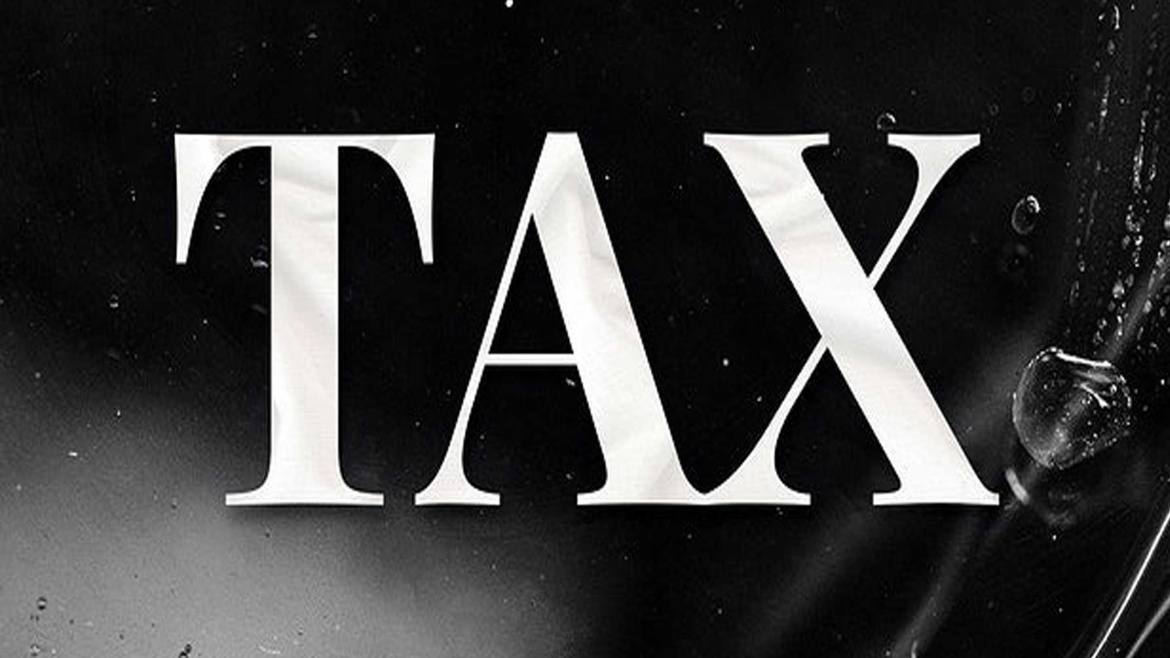Here lets only speak to Stamp Duty, a tax on certain instruments (written documents). Every instrument specific enough to be used in law is charged duty unless otherwise considered within the context of specified limited exemptions. Such that, exemptions may be relied on by parties to a transaction to reduce the stamp duty implication or waive its imposition all together. The other example is that of property transaction between husband and wife (including their children): Nuclear family business or between two companies made up of the same directors. Nonetheless, the Collector of Stamp Duty has discretion on some transaction as whether they are to be subjected to pay taxes.
The authority to exempt instruments from Stamp Duty is permitted in Kenyan (for matters related to Finance (Section 106(1) of the Stamp Duty Act.) Such a Directive has to be gazetted in Kenya Gazette subject to public interest.
Sometimes regulation in a bid to GIVE incentive economic activities, introduces Stamp Duty exemption. For instance, first time homebuyer under the Affordable Housing Scheme are exempted from paying tax on the very transaction. The intentions of such regulations is clear though, they remain ambiguous as to their application or consequences.
In all, Stamp Duty is essential especially when it comes to the admissibility of documentary evidence in court. Therefore, it is best to take advantage of the tax laws rather than evade them.


